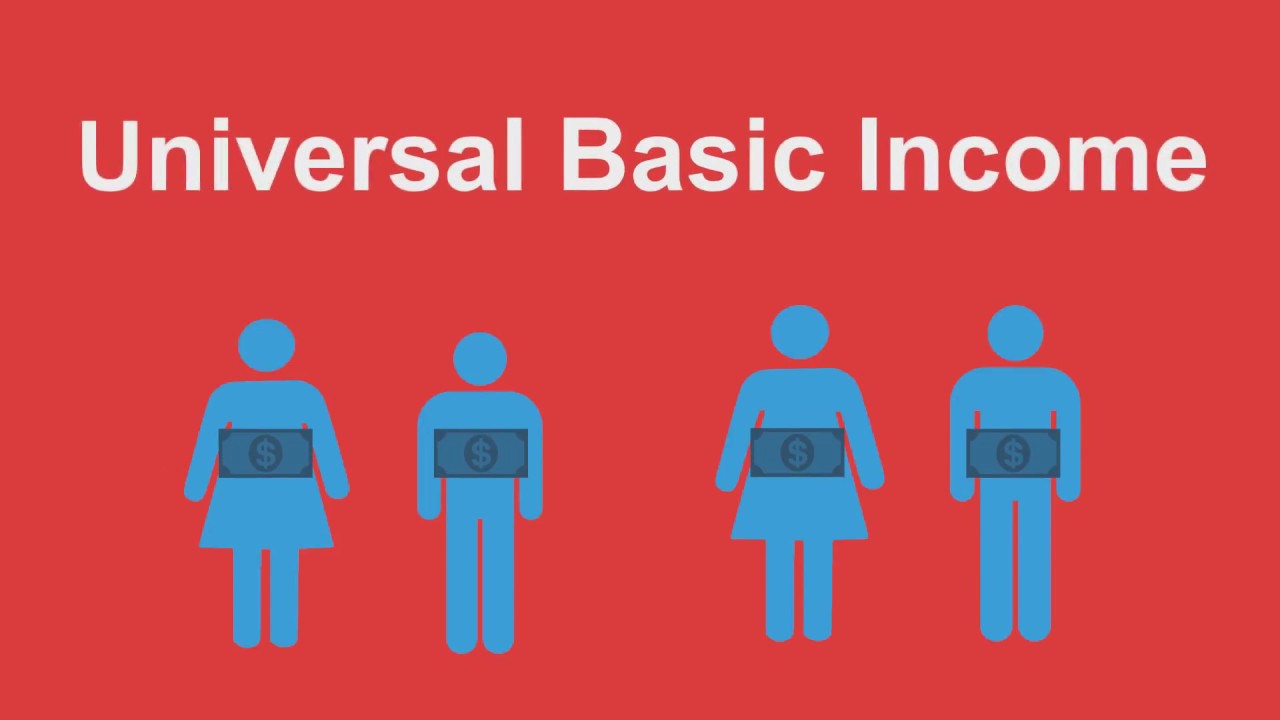
Giving jobless people in Finland a basic income for two years did not lead them to find work. From January 2017 until December 2018, 2,000 unemployed Finns got a monthly flat payment of €560 (£490; $685).
The aim was to see if a guaranteed safety net would help people find jobs, and support them if they had to take insecure gig economy work.
While employment levels did not improve, participants said they felt happier and less stressed.
When it launched the pilot scheme back in 2017, Finland became the first European country to test out the idea of an unconditional basic income. It was run by the Social Insurance Institution (Kela), a Finnish government agency, and involved 2,000 randomly-selected people on unemployment benefits.
It immediately attracted international interest – but these results have now raised questions about the effectiveness of such schemes.
Universal basic income, or UBI, means that everyone gets a set monthly income, regardless of means. The Finnish trial was a bit different, as it focused on people who were unemployed.
Another popular variation is ‘universal basic services’ – where instead of getting an income, things like education, healthcare and transport are free for all.
Although it’s enjoying a resurgence in popularity, the idea isn’t new. In fact, it was first described in Sir Thomas More’s Utopia, published in 1516 – a full 503 years ago.
Such schemes are being trialled all over the world. Adults in a village in western Kenya are being given $22 a month for 12 years, until 2028, while the Italian government is working on introducing a “citizens’ income”. The city of Utrecht, in the Netherlands, is also carrying out a basic income study called Weten Wat Werkt – “Know What Works” – until October.
Supporters of basic income often believe an unconditional safety net can help people out of poverty, by giving them the time to apply for jobs or learn essential new skills. This is seen as increasingly important in the age of automation – that is, put very simply, as robots take people’s jobs.
Did it help unemployed people in Finland find jobs, as the centre-right Finnish government had hoped? No, not really.
Mr Simanainen says that while some individuals found work, they were no more likely to do so than a control group of people who weren’t given the money. They are still trying to work out exactly why this is, for the final report that will be published in 2020.